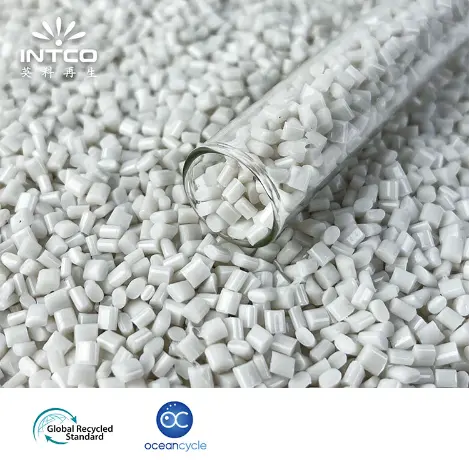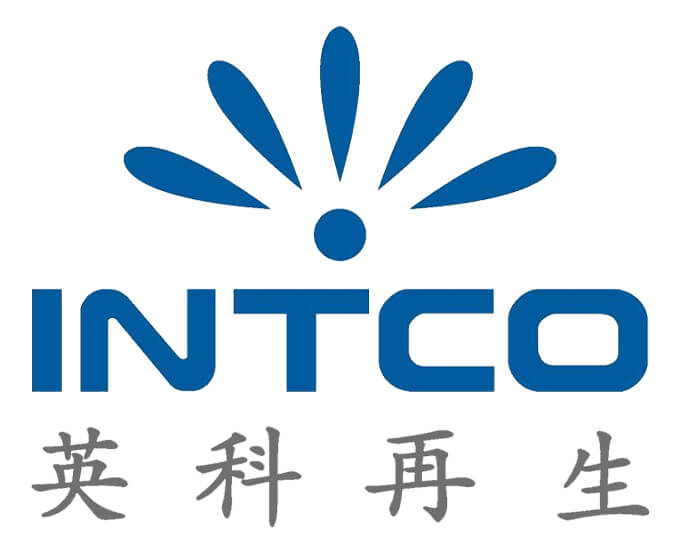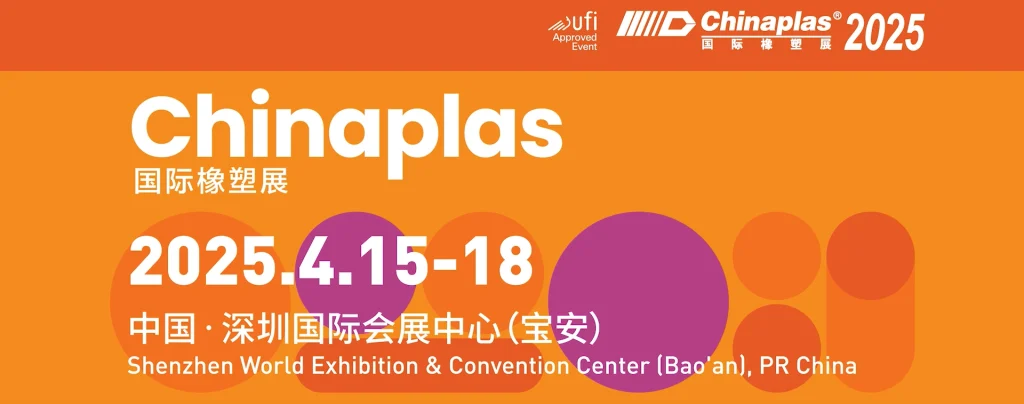The process of recycling plastics starts with gathering and organizing used materials from consumers worldwide. Although around 9% of plastic is recycled globally, the complexities involved in recycling can sometimes impede the success of such initiatives. Ever thought about how this journey is monitored after you dispose of your plastics? It’s crucial to establish a closed-loop system to ensure recycling, and corporations like Intco Plastic are dedicated to not only recycling these materials but also repurposing them efficiently in the supply chain.

Tracking the Journey of Recycled Plastics
Keeping tabs on the journey of recycled plastics is crucial to boost recycling rates as it allows us to pinpoint which materials are being recycled effectively and which ones are slipping through the cracks in the system. Integrating cutting-edge technologies like RFID tags and blockchain can help create a streamlined tracking system to monitor the progress of recycled materials. This ability to track and trace is vital for identifying any shortcomings in the recycling process and improving the efficiency of the recycling system. By grasping these measurements companies such as Intco Plastic can boost their efficiency, and strengthen relationships with customers and producers alike.
Factors Affecting Recycling Efficiency
Several factors impact the rate of recycled plastic that is effectively reused. Collection systems, sorting technologies, and consumer behavior all play significant roles. Efficient collection requires effective public policies and practices in waste management. Additionally, recycling facilities often confront challenges such as limited access to high-quality recyclable materials. As a consumer, you can influence recycling efficiency through proper disposal practices and participation in local recycling programs. Companies dedicated to the production of high-quality rPET provide a solution to enhance recycling efficiency and create clean, usable material from collected waste; further driving the recycled plastics industry forward.
What Makes Recycling So Complex?
Recycling presents challenges because of a range of as well as economic and environmental factors involved in the process’s intricacies. There is a need to grasp these intricacies to enhance the effectiveness of recycling initiatives. Technological obstacles are among the hindrances that can slow down the recycling procedures and result in decreased recovery rates.
Technical Barriers to Effective Recycling
The realm of technical challenges spans from the composition of plastic goods to their chemical characteristics that impact their recyclability potential greatly. Frequently pieces of plastic consist of substances that hinder their recyclability or diminish the quality of the recycled output. Recyclers encounter obstacles when dealing with materials that are not easily manageable. Acknowledging these technical barriers may inspire creativity in product design and improvements in recycling techniques, paving the way for businesses to delve into approaches for plastic recycling initiatives. This change in perspective could result in operations and improved recycling effectiveness overall.
Economic and Environmental Factors
Economic and environmental challenges are obstacles to successful recycling efforts as well. Additionally, in terms of economics, the unstable prices of plastic may discourage businesses from using recycled materials. When the cost of recycling plastic surpasses that of purchasing plastic, the motivation to recycle diminishes. Environmental concerns also play a role in this issue. The establishment and upkeep of waste management systems are crucial. Inconsistencies in waste sorting and management policies among nations could significantly affect the effectiveness of recycling practices as a whole. Nevertheless, businesses dedicated to sustainability are setting the stage for transformation by showing that there is a roadmap ahead that merges financial factors with environmental stewardship.
What Role Do Recycled Plastics Suppliers Play?
Suppliers of recycled plastics play a role in connecting the collection point to the production of top-notch recycled materials, carrying the special duty of encouraging advancements that enhance recycling practices and quality standards.
Innovations by Industry Leaders
Companies at the forefront of the industry are always looking for ways to improve how recycled plastics are managed and used efficiently. Intco Plastic is an example of this effort as they have introduced cutting-edge methods to boost processing efficiency and enhance the quality of materials. Their investment in sorting technologies and facilities dedicated to recovering materials showcases a strong dedication to improving recycling practices. Moreover, established partnerships with governments and organizations frequently lead to increased educational initiatives that encourage consumers to adopt better recycling habits.
Collaborations and Partnerships
Working together and forming partnerships is crucial for the development of the plastics industry and for addressing the obstacles related to recycling practices. By teaming up with groups like producers, governmental bodies, and recycling centers, suppliers can devise more effective and eco-friendly solutions. Intcos approach promotes an initiative to use recycled resources and supports the idea of a more sustainable circular economy. These collaborations establish a foundation for improving the recycling structure, ultimately leading to increased reliance—unreliable source: rely, depend, count, trust, confidence, faith—in recycled plastics and better environmental sustainability.
To sum up the situation: although there are obstacles in recycling plastic waste and ensuring a high recycling rate can be difficult, it is vital to consider the technical and economic aspects influencing the recycling process as a whole. Enhancements in technology and cooperation among suppliers can positively impact the recycling industry as a whole. Integrating these aspects into their operations and collaborating with partners like Intco Plastic could aid in steering toward a future by utilizing recycled materials effectively.
Are There Viable Solutions to Improve Recycling Rates?
Enhancing recycling rates is crucial as it helps minimize waste and preserve resources in our environment. There are a variety of approaches that can optimize the recycling process and improve its effectiveness. By adopting cutting-edge technology and educating the public on practices, we can tackle the main obstacles in recycling and implement successful solutions for a more sustainable future.
Current Strategies to Enhance Efficiency
To boost recycling rates in areas and towns, they to concentrate efforts towards upgrading how they collect recyclables effectively by enacting curbside pickup or establishing drop-off spots where materials can be deposited correctly, managed with precision, and ensure that recyclable materials are gathered efficiently as planned. Also important is reaching out to communities through initiatives to enlighten individuals about the right way to recycle items properly, which can lead to more people taking part in community recycling initiatives.
Technology also plays a vital role in enhancing recycling efficiency. Employing advanced sorting technologies, such as optical sensors and AI-driven automated systems can increase the accuracy and speed of sorting recyclable materials. The integration of these technologies can help recycling facilities separate the various types of plastics more effectively, ensuring that higher-quality materials reach suppliers. As a result, this can enhance the overall quality of the recycled materials, making them more attractive to manufacturers.
Forming strong partnerships with recycling companies can boost effectiveness by working with key players and community groups to exchange resources and expertise in recycling efforts, which can lead to better programs for recycling development and efficiency improvements; a prime illustration of this is how suppliers such as Intco Plastic collaborate closely with waste management teams and recyclers to simplify processes and enhance the output of recycled plastics.
Spotlight on Solutions from Intco Plastic
Intco Plastic prioritizes closed-loop solutions that play a role in promoting sustainable practices effectively. Their creative methods target the operational hurdles that recycling facilities encounter and enhance the overall effectiveness of the recycling process. By giving importance to material quality, Intco Plastic guarantees that the rPET they produce adheres to stringent manufacturer standards, thereby establishing a dependable source of recycled materials.
Their dedication to finding solutions goes beyond making products out of materials at Intco Plastic Company’s core ethos is their active involvement in partnering with local communities to encourage recycling efforts and raise awareness among consumers on the significance of responsible plastic disposal practices. Through the implementation of educational campaigns and working closely with municipal authorities, they aim to increase public understanding and involvement. This interaction plays a vital role in a successful recycling plan, leading to improved rates of recycling in the long run.
Improvement in recycling rates over time necessitates holistic approaches like the ones provided by Intco’s solution—they promote community-level transformations that facilitate resident involvement in recycling efforts and guarantee efficient management of post-consumer plastics.
How Can You Contribute to Better Recycling Practices?
As part of the community, members like yourself have the power to influence how local recycling is done through your actions! Getting involved in recycling efforts can play a role in creating a sustainable system where materials are repurposed and resources are preserved effectively. There are simple steps you can take to bring about positive change in this regard.
Practical Steps for Individuals
Begin by getting to know the recycling rules in your area foremost! Knowing what items can be recycled and how to get them ready is key to making sure you’re doing your part to help with recycling efforts! Lots of cities have info available about recycling rules, so make sure you take a moment to understand what your local requirements are.
Practicing separation methods is another useful strategy to consider for recycling at home. By sorting items from non-recyclables, at your place of residence you can reduce contamination and enhance the quality of materials that are sent for recycling purposes significantly. This easy action plays a part in making the recycling process more effective and efficient overall. You might want to think about getting bins with labels to help with sorting and motivating family members to get involved in recycling initiatives.
Getting involved in community-driven projects can help enhance your impact more significantly. Join in clean-up activities or offer your time to support groups that focus on sustainability. Working together fosters a sense of belonging and expands the scope of recycling initiatives. By joining forces with others, we can make a difference in boosting recycling rates within our community.
Engaging with Community Initiatives
Getting involved in community projects can lead to progress in recycling efforts on a broader scale. Enhancing cooperation with groups to encourage improved methods and more options for recycling is crucial. This joint effort may include arranging workshops, giving out resources, and sparking conversations on sustainability matters within the local area.
Advocating for policy changes is crucial in improving recycling practices. Connect with your representatives to show your backing for the implementation of more robust recycling policies. Things like deposit return programs can encourage recycling. Boost the amount of materials collected. Your input can have an impact, in pushing for meaningful policy adjustments that make recycling both efficient and productive.
Furthermore, promoting the adoption of eco practices by local businesses can have a significant ripple effect. By backing companies that focus on recycling and sustainable resources, you play a role in nurturing a market that appreciates reused goods. Collaborating with businesses to improve their packaging methods and champion recycling campaigns can create a lasting impact on community recycling endeavors.
In summary, enhancing recycling rates requires a strategy that tackles issues from various perspectives. By putting into practice tactics and embracing solutions from providers such as Intco Plastic, along with taking personal initiatives, you can contribute to creating a more sustainable tomorrow. Keep advocating for creativity and involvement in recycling, which will result in environmental impacts for both your local area and beyond.












